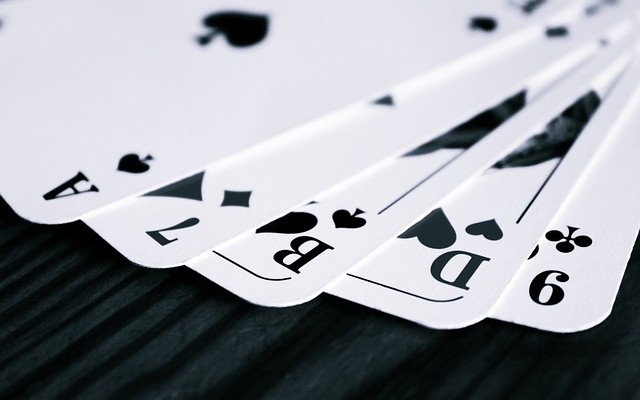Indian Tribes in the United States derive a significant amount of their revenue from tribal casinos that are governed by tribal law and enjoy sovereign immunity as they are located on reservation land. These tribal casinos have their own law enforcement personnel who deal with all casino related issues and are responsible for maintaining law and order within the casino.
This tribal casino policy is exactly what is troubling many gamblers in the United States who believe they are often treated unfairly and subjected to harassment at these tribal casinos because casino authorities know that gamblers have very limited recourse in raising objections and filing lawsuits.
There have been recent reports that tribal casinos are quick to label gamblers as ‘advantage players’ and ban them from playing at the casinos. These ‘advantage players’ are then put on a blacklist that tarnishes their reputation and they have a hard time of clearing their name and are made to feel ‘un-welcome’ at tribal casinos. The term ‘advantage players’ is used in reference to gamblers who use card counting at the table to gain what casinos term as an unfair advantage.
There have been two lawsuits filed in Arizona and Connecticut in federal courts that are challenging the law of tribal immunity as the lawsuit states that casinos are using the tribal immunity advantage to show bias and abuse gamblers. Three Chinese gamblers who played at Foxwoods, the nation’s largest tribal casino in Connecticut admit to using card counting in 2011. However, they have accused the casino of seizing their deposits of $1.6 million and a further $1.1 million in winnings after they were blacklisted for cheating at mini baccarat, a table game that is extremely popular with Chinese gamblers.
Las Vegas based gambling expert Stanford Wong has long cautioned gamblers of the sovereign immunity tribal casinos enjoy. In a statement, Wong said “You do not have a level playing field. In a tribal casino, there’s no recourse whatsoever. You can’t sue them in regular court. The odds are all stacked against you.”
The three Chinese gamblers tried to fight their case in a tribal court and felt they were unjustly treated as they were not given the lawyer they requested. They were eventually found guilty by the tribe’s gambling commission but decided to take the case to federal court. Their case was dismissed in June 2015 by a federal judge after the Mashantucket Pequot Tribal Nation who owns the casino argued that casino has immunity and the case must be dismissed.
The chairman of the Pequot gaming commission George Henningsen stated that the tribal justice system works fine and it is usually losers who complain about their experiences with tribal casinos. There are a few gambling lawyers who are trying to pressurize tribal casinos to adopt the same legal framework as commercial casinos but they do not have sufficient backing to force a change. Tribal casinos currently hold the view that if a gambler is not comfortable with the tribal casino immunity policy, then they shouldn’t be visiting tribal casinos and instead be playing at commercial casinos.


